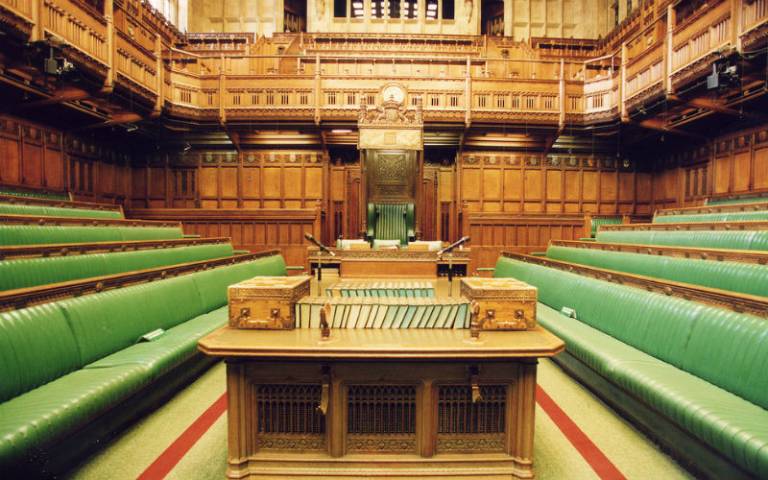What do we mean by 'governance'?
6 June 2017

In a Centre for Global Higher Education (CGHE) working paper published today, Dr Aniko Horvath from the UCL Institute of Education (IOE) analyses the concept of 'governance'.
The paper, '"Governance" - in Crisis? A cross-disciplinary critical review of three decades of "governance" scholarship', sets out to address the fact that in academic scholarship, as well as in policy and media discourse, there is widespread debate about a 'crisis of governance' and 'governance failure'.
Dr Horvath argues that many theoretical-analytical frameworks for exploring issues around governance are limited when it comes to empirical research. This is because understandings tend to restrict their focus to either the state, to networked relationships across levels and regions, or to the discipline itself.
As a consequence, existing research frequently tells us what 'governance' is and how it works based on predetermined definitions, preselected variables, and predesigned theories, instead of exploring governance-related processes and mechanisms as more open-ended inquiries.
Dr Horvath attempts to overcome these limitations by cross-examining disciplinary, thematic, regional and theoretical fields of governance. She identifies six commonalities, all of which have overlapping relationships: actors, activities/practices, techniques/methods, scope, values, and outcomes. She also looks at how understandings of time, space, power and scale inform existing theoretical frameworks.
Dr Horvath concludes that while socio-political and economic phenomena can provide useful insights into what constitutes 'governance', a fuller understanding requires an exploration of the underlying processes and relationships that frame our definitions and debates.
Links
Image courtesy of UK Parliament via Flickr (CC by 2.0).
 Close
Close


